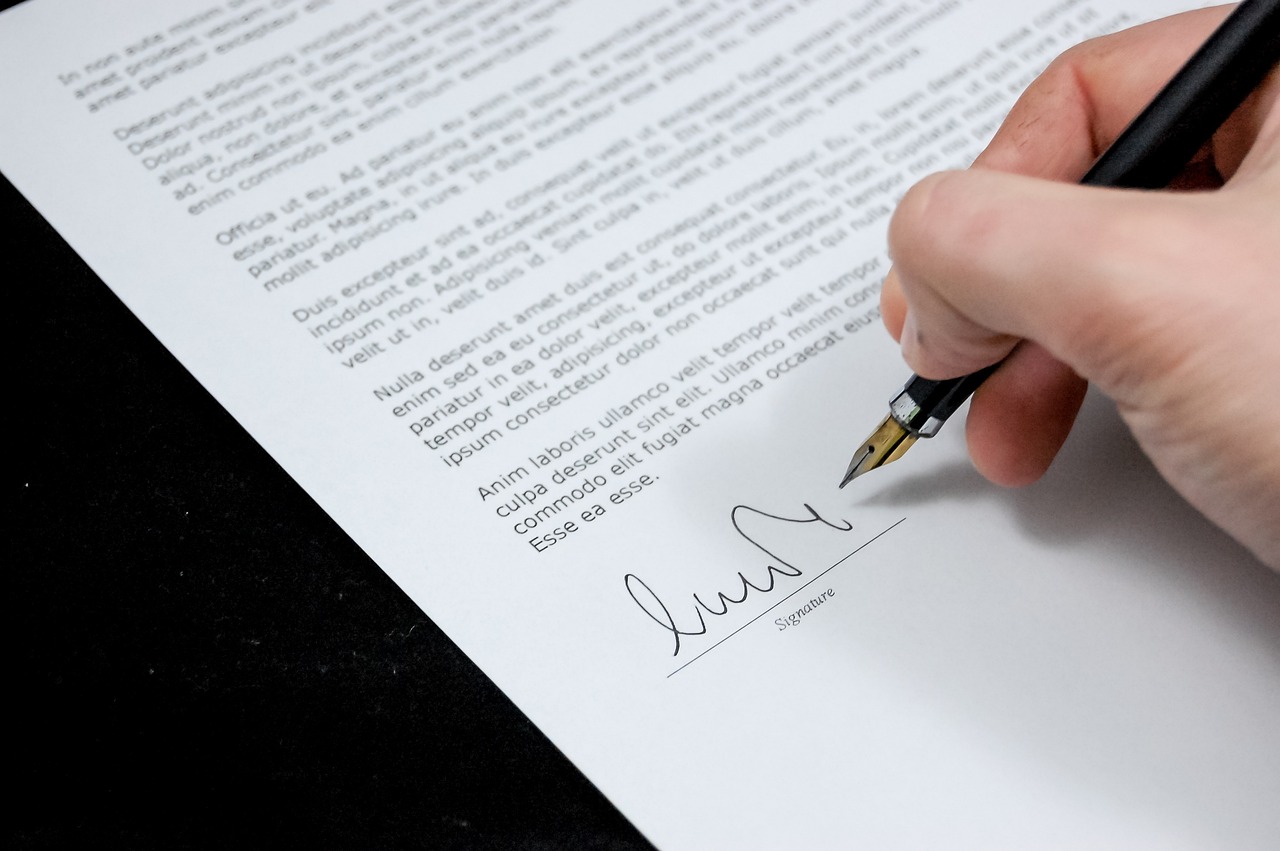Why use a deed of settlement?
A settlement deed is a legal document, binding on the parties to it. It is the gold standard of protection.
A deed of settlement sets out the party’s obligations, such as paying compensation, not disparaging (speaking poorly of the other side), keeping the terms of the deed confidential, refraining from doing certain things, and more.
Unlikely a regular contract, which has a 6-year limitation period, a deed has a 12-year limitation period (at least in Queensland), providing for extended protection.
Deeds also have other legal benefits. A regular contract requires several elements such as an offer, acceptance and consideration to be legally binding. Consideration is when both parties get something from the deal. For example, if you buy an apple, one person gets the apple, and the other person gets money.
In cases where it is not clear that a party is getting something in return, a deed can eliminate any argument that the agreement is not binding, even if there is no consideration.
Deeds are the gold standard when resolving disputes. Properly written, deeds can avoid (or defeat) later arguments or costly court proceedings that may occur from oral agreements, or from informal written agreements.
What is required in a deed of settlement?
To be valid and enforceable, the deed should include:
- the parties’ details, such as their name, role and whether they are an individual, company or partnership;
- an outline of the dispute, including key events and dates (the “recitals”) to ensure certainty as to the grounds covered;
- signatures of all parties, and signatures of witnesses, as well as the date of signing;
- the parties’ obligations under the deed (such as the payment of money, or the discontinuance of court proceedings); and
- a statement that, subject to performance of each party’s obligations under the deed, the parties release each other from all future claims, demands or actions as set out within the deed.
A deed is a legal document that also has some formal requirements pursuant to legislation to be considered a ‘deed’. A litigation lawyer will be able to assist in ensuring that your settlement agreement meet these requirements.
How we can help
Gibbs Wright can help you negotiate and draft a settlement deed that is both effective and enforceable.
Call us today for a confidential initial discussion about your legal rights and options.




